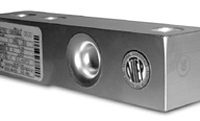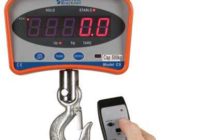High-Precision Feed Wagon Scale Kit – Effortless Feed Management
Feed wagon scale kits help farmers measure feed weight accurately. Learn about their key components and benefits for efficient farm management with a feed wagon scale kit. Feed wagon scale kits are crucial for precise feed management, helping farmers maintain livestock health and comply with regulatory standards. Key components of the kit include alloy steel… Read More »

